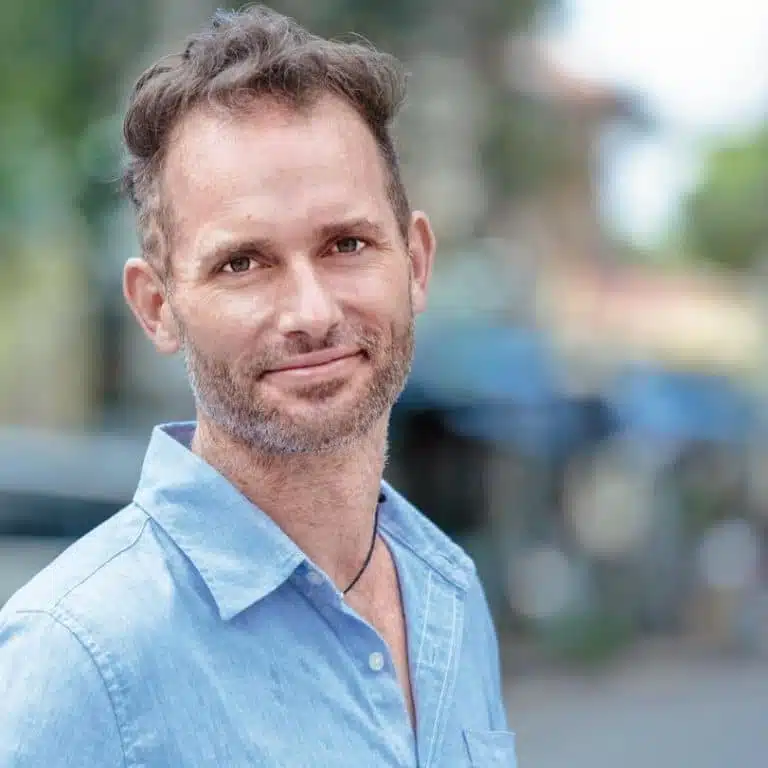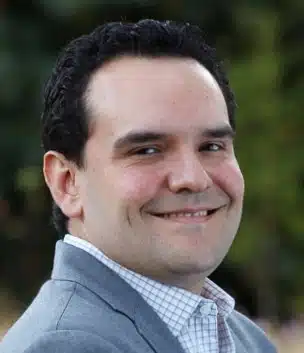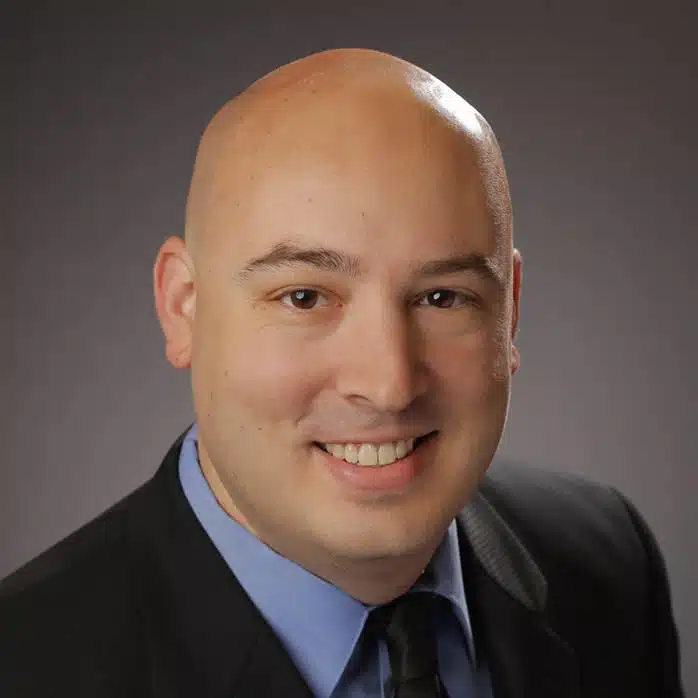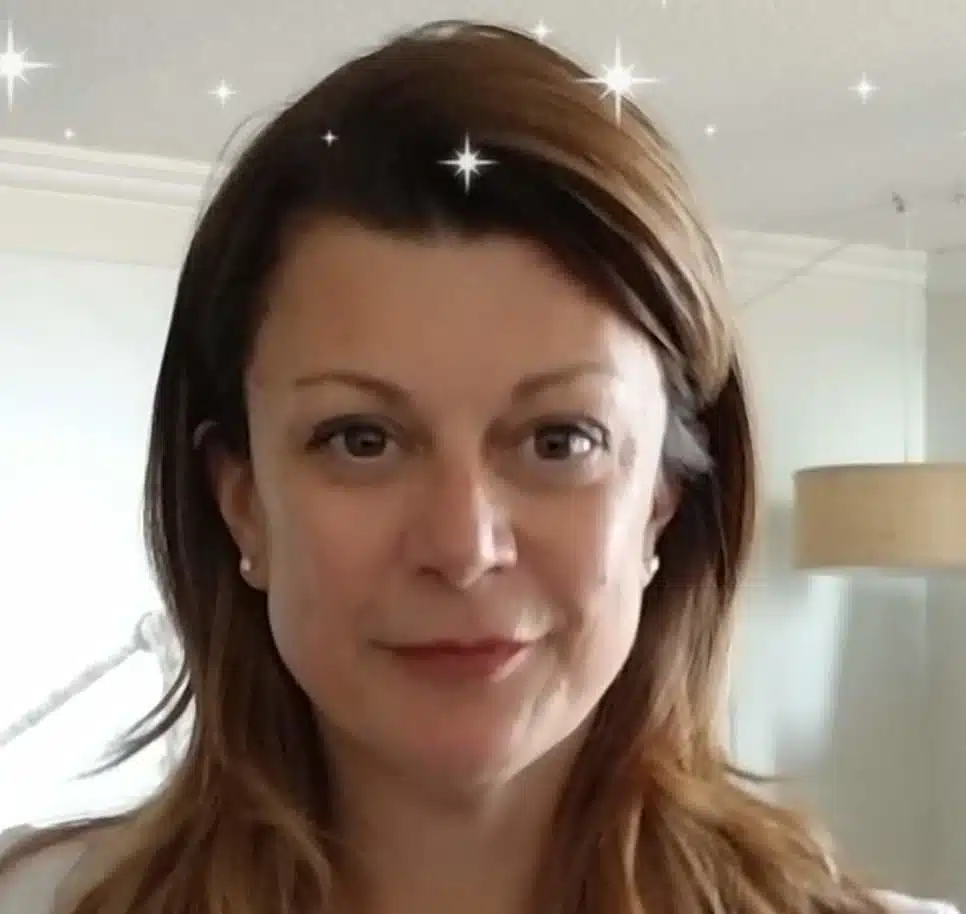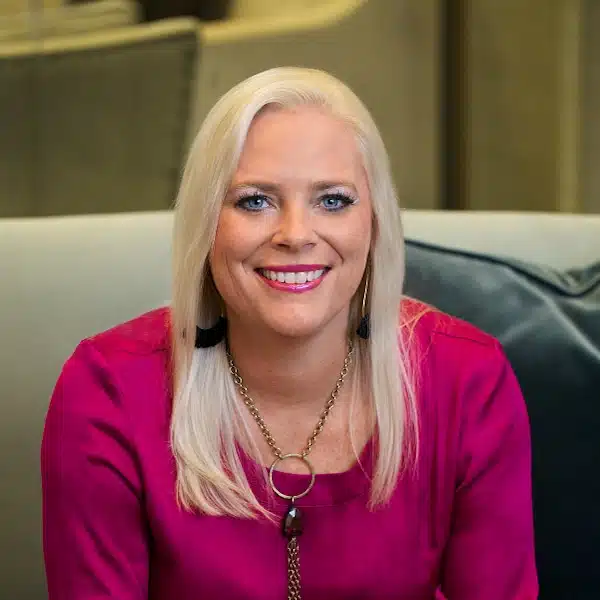In this episode Scott Fisher, the founder and CEO of SentriLock, discusses how an engineer ended up in the real estate technology business. Scott talks about the importance of security and how his company is…
In this episode Khoi Le from Hunter Chase Realty talks about the struggles he faced in the beginning of his life in US and how it helped him shape his future. Khoi emphasizes how important…
In this episode Kris Reid the founder of Ardor SEO talks about the importance of backlinks and lead magnets and how to use them to benefit your real estate website. Kris provides tips on how…
In this episode Gus Munoz Castro, a former engineer, shares how he started his real estate career. Next, Gus describes what ISA is and goes on to explain how he started his business and the…
David Greene talks about his new book “Sold” and how it teaches agents how to be successful in the real estate market. Next, David talks about his transition from a police officer to a top…
Ryan Cherney from Circle One Realty talks about the beginning of his career in real estate and gives advice to new agents on their journey in this profession. Next, Ryan talks about why he switched…
Molly Humble from Custom Fit Las Vegas with Keller Williams talks about the beginning of her career in real estate and how she built her brand. Molly also talks about the utilization of video and…
Christine Carr from Monkey Mind Chicago talks about her journey into real estate and why she eventually shifted into coaching agents. Next, Christine elaborates the Monkey Mindset and also briefly talks about the 10 steps…
Joanne Bolt from Bolt Group with eXp talks about the start of her career in real estate and how she built her business by studying market data to predict future moves. Joanne reveals why she…
Lauren Herskovic from Moda Group with Compass talks about how she made a career change from consulting to real estate. Lauren discusses the importance of mentorship and systems for your business. She emphasizes the impact…



